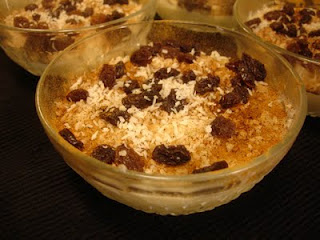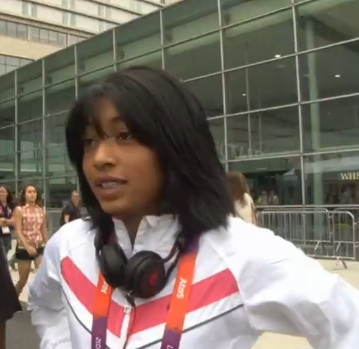By Nihal Zaroug

Tripoli, 27 July:
To the surprise of many we will have fasted one week of Ramadan today. Some say that . . .[restrict]the week has flown by and that the daily 16-hour fast is a synch! Others say that everyday that has passed has been difficult and waiting for the call of Maghreb prayer is like waiting an eternity! Whichever way this Ramadan feels, the general ambiance is joyful.
The holy month of Ramadan is the fourth pillar of Islam, a time for Muslims to observe fast, increase prayer and reading of the Quran, increase alms giving and refrain from bad behavior. It is a time to remember God and those who are less fortunate. Fasting commences prior to dawn, a time known as Imsac and ends with sunset (Maghreb prayer) and breaking of the fast is called Iftar. The act of fasting aims to teach self-control, a test in self-discipline.
Last year’s Ramadan was a true test. Apart from the scorching heat, constant electricity cuts, fuel shortages and decline of food supplies, Libya was deep in war. This will be the first Ramadan without Qaddafi in four decades, and this year’s Eid (end of Ramadan) will coincide with the one-year anniversary of the fall of Tripoli, making it that more special.
Prior to Ramadan, shopping for groceries and dishware is a big event in many households and the act of preparing for the holy month makes anticipation for the first day of Ramadan more pleasant. Some do go overboard with the shopping, filling their carts to beyond their capacity, reminiscent of a scene from an apocalyptic themed movie. “This is not Ramadan, this is Ramagedon”, joked a relative as we queued to pay for groceries.
Many, especially women who work, will prepare food ahead of time that can be frozen and reheated when needed. Iftar in countless households is not a humbling meal. Cooking up a feast for family is the norm. Many families meet to break their fasts together. This is the case with my family, where few families meet, each bringing with them something to share at the table.
Traditionally, we break our fasts with dates, nuts, halwa and buttermilk and then gather to pray Maghreb, led by the eldest male in the family. Afterwards, we sit for Iftar and serve each other dishes that have been prepared, commencing with Libyan soup and bourek. Bourek is a Ramadan staple in nearly every household and consists of a fried or oven baked pastry filled with egg, minced meat or any inventive combination one may think of. Pizza and shawarma have also worked their way onto the daily Iftar menu. As main dishes rice, stew and pastas are prepared to satisfy the varying cravings of those seated.
For the smokers in the family, soup and a few bites of finger food is plenty before heading outside to have their coffee and cigarette because, of course, smoking is also not permitted during daylight hours. It is quite common to see groups of men huddled in front of their homes speaking and offering each other coffee, sweets and one cigarette after the other.
The rest of the family gathers and drinks coffee or tea, has cake, pudding or fruit. Another Ramadan staple in most homes is Muhalabiya, a pudding made from cornstarch and milk. Muhalabiya and leftovers from Iftar, are also eaten during the pre-dawn meal, known as Suhoor.
Tarawih prayers bring an end to the feasting. Tarawih prayers are held in mosques, during which a whole segment of the Quran is recited. There are 30 sections in the Quran and the aim is to complete a Juz (section) every night and have recited the entire Quran by the end of Ramadan. Although, these are voluntary prayers many are committed to attend them and often go in groups. For women, it creates an opportune chance to swap Iftar recipes and catch up with neighbours.
Once prayers are finished, traffic around town starts as people get ready to begin their evening visiting relatives, shopping, having more coffee and tea, going to the gym or just walking in an attempt to burn off a few calories. For those who reverse their day, sleeping during the day and staying awake at night, a few hours of work are in order. While those who work Ramadan hours, may call it a night after prayers and opt to stay in and watch Ramadan television programs, and get ready to do all over again the next day. [/restrict]











